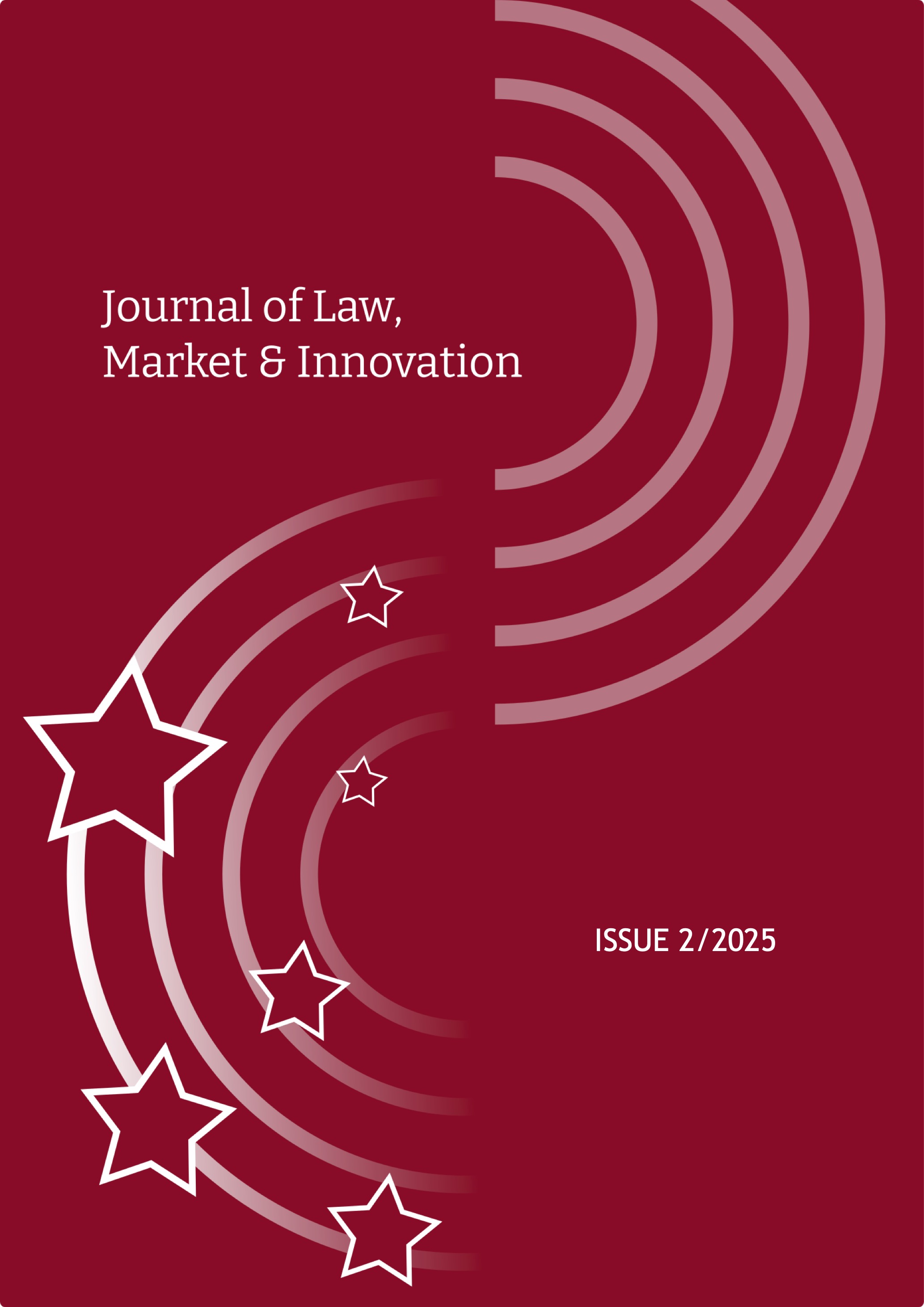Artificial intelligence, new research dynamics and patents
DOI:
https://doi.org/10.13135/2785-7867/12274Keywords:
Artificial intelligence, Patent law , Inventive step , Knowledge disclosure , Innovation and competitionAbstract
The rise of AI and its increasing use in achieving inventions has raised concerns about the effectiveness of the requirements for patent protection, which were designed prior to this technological revolution. Proposals in this regard, from the abolition of patents to the adoption of an inventive machine standard, however, circumvent the key issue in assessing patentability, which is whether or not the skilled person would have achieved the invention in an obvious way by using the available toolkit, which may include AI algorithms if they are publicly available. The fear of excessive patent monopoly resulting from the use of AI is also a false problem, since greater ease in attaining inventions will lead to more problems being solved in alternative ways, new ones being posed, and strong competition among innovators. What critics of patents forget is the effect of disclosure achieved through patenting: patent databases (normally freely accessible online) are nowadays the world's largest and most up-to-date source of technical information. The importance of this disclosure is increased precisely by the advent of AI, which needs wide availability of data to operate effectively. Thus, more than ever, patents contribute decisively to scientific and technological progress and also to its democratisation. The analysis will show that the growing use of AI in research does not require changes to existing patent law or challenge the fundamental rationale for patent protection. On the contrary, AI enhances innovation potential, reinforcing the importance of the patent system—especially its role in promoting competition and knowledge disclosure.




 EJIF has been approved for inclusion in
EJIF has been approved for inclusion in  The Journal of Law, Market & Innovation is indexed in
The Journal of Law, Market & Innovation is indexed in  The Journal of Law, Market & Innovation is indexed in
The Journal of Law, Market & Innovation is indexed in  The Journal of Law, Market & Innovation is indexed in
The Journal of Law, Market & Innovation is indexed in  The Journal of Law, Market & Innovation is indexed in
The Journal of Law, Market & Innovation is indexed in  The JLMI is classified as a "scientific" journal for Law (Area 12) by the Italian
The JLMI is classified as a "scientific" journal for Law (Area 12) by the Italian 